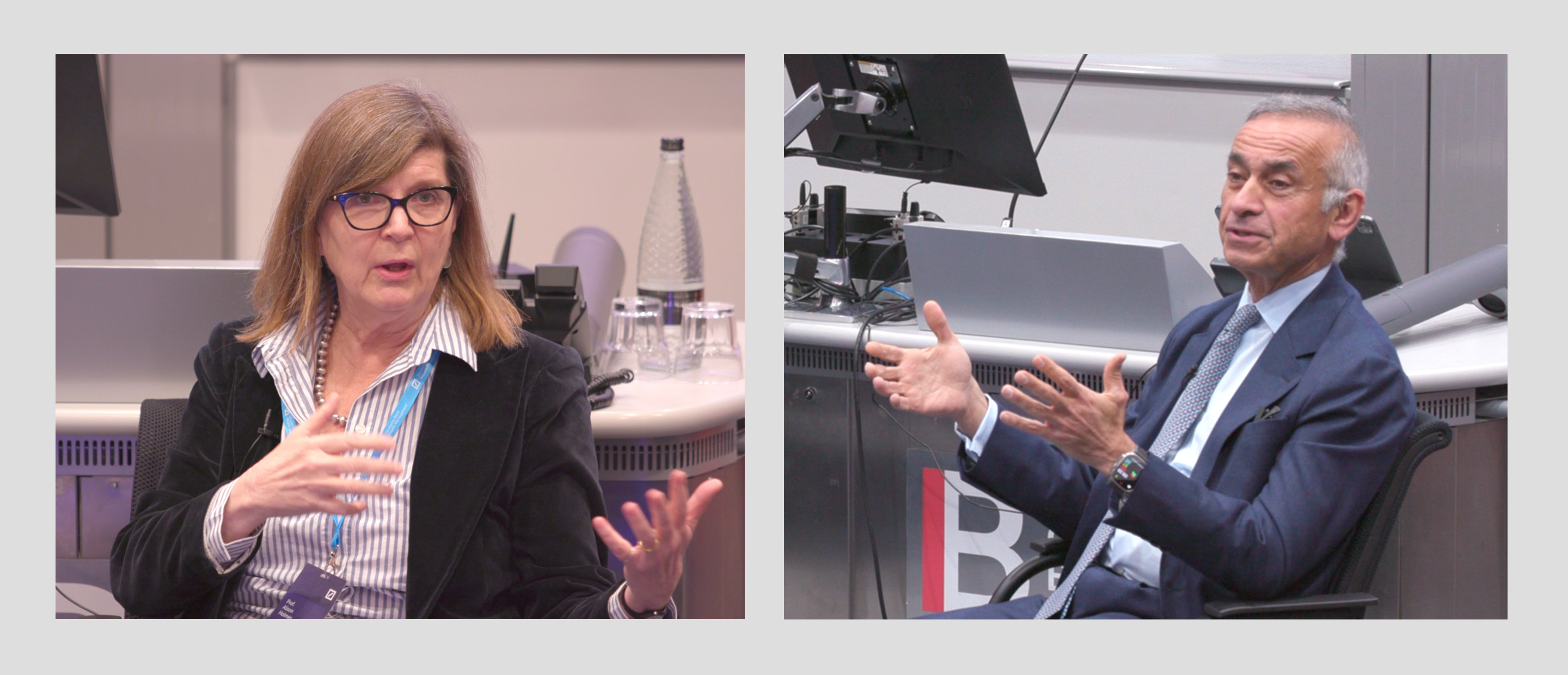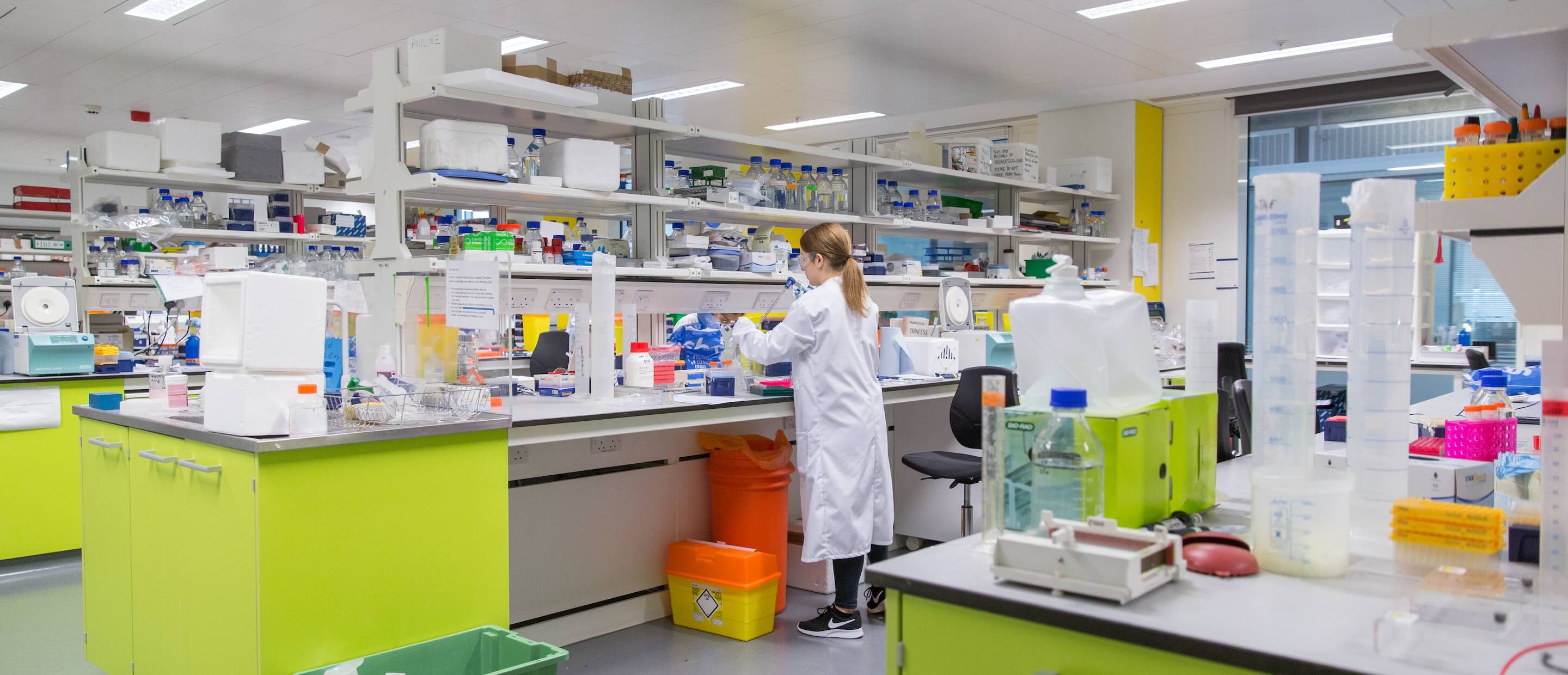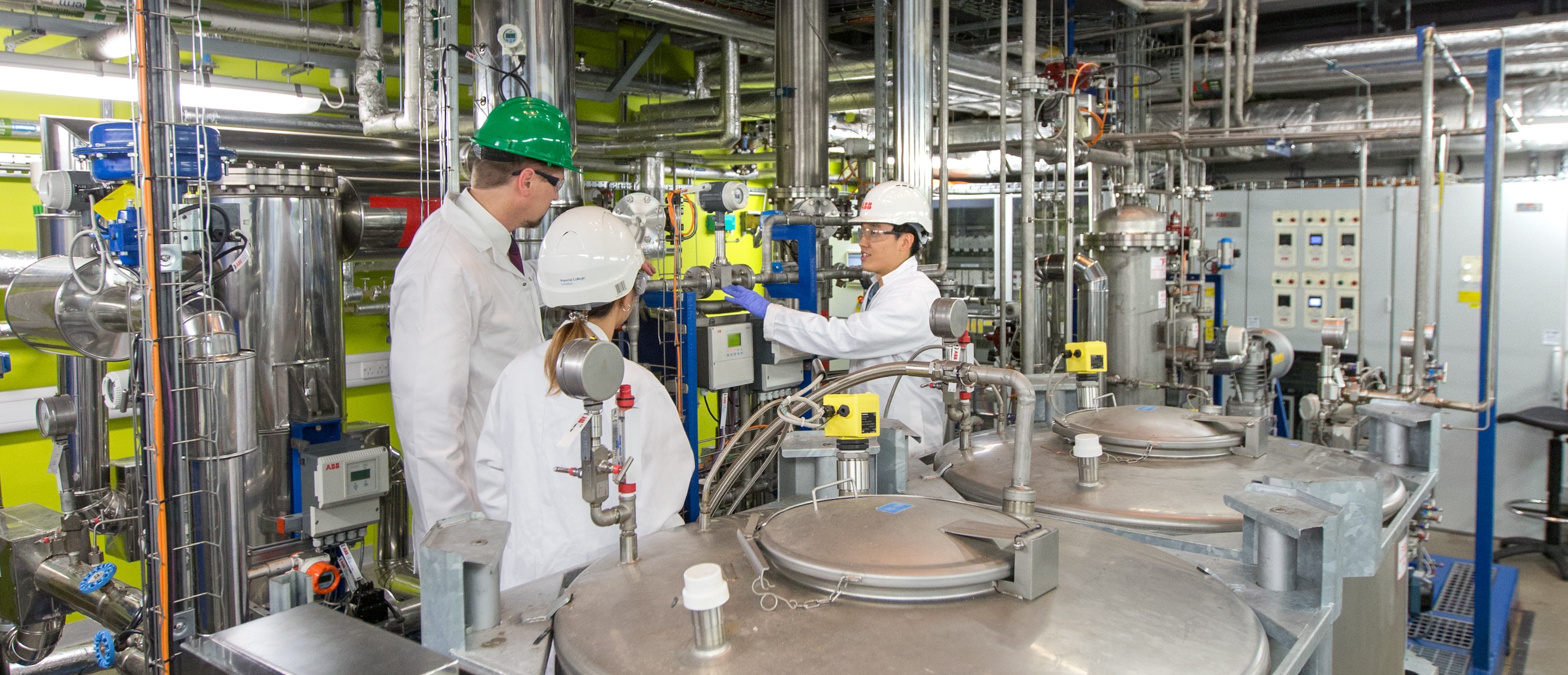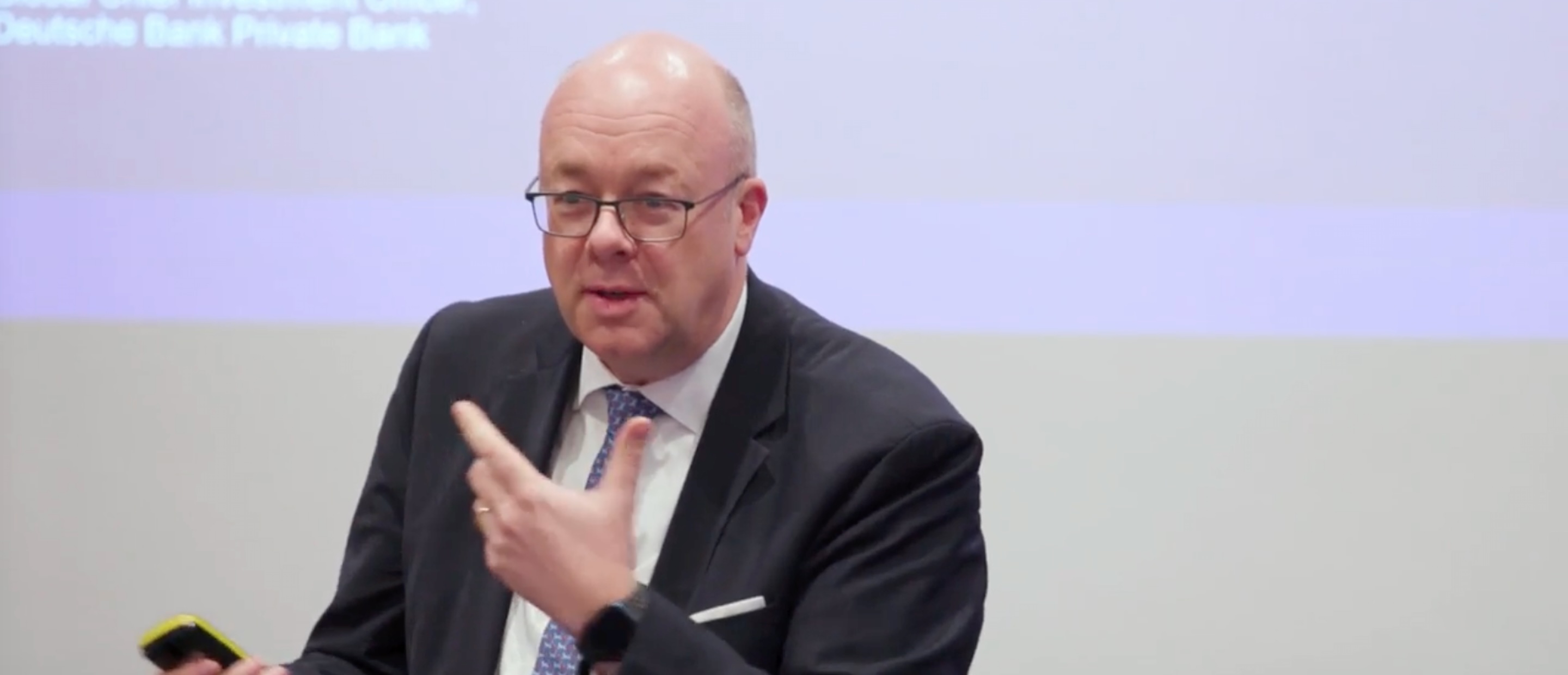
Anti-microbial resistance: preventing a global health crisis
Professors Alison Holmes and Lord Ara Darzi explain why tackling the urgent threat of AMR requires a co-ordinated global effort involving public engagement as well as policy reform
One of the key themes of our 2024 Global Innovation Summit was anti-microbial resistance (AMR) – the tendency of bacteria, viruses and other pathogens to evolve so they can resist the effects of medications designed to kill them. "We will not have healthcare without being able to address anti-microbial resistance," said speaker Professor Alison Holmes, underlining the gravity of the issue.
The session began by explaining the urgency of the AMR issue and how Imperial and partners intend to help combat it via the Fleming Initiative. This global effort was launched by Lord Darzi in 2023 to co-ordinate the efforts of microbiologists, artificial intelligence (AI) experts, behavioural scientists and policymakers, and connect them with the public, in order to develop real-world solutions for controlling the spread of drug-resistant infections.
The panel also addressed the importance of diagnostics in managing AMR. Effective diagnostics can help ensure appropriate antibiotic use, generate valuable data for AI and machine learning, and support the development of vaccines and clinical trials. The role of diagnostics in preventing infections and reducing the need for antibiotics was highlighted as a critical component of the overall strategy.
Equity in healthcare was another significant topic, with discussions on the disparities in access to antibiotics and healthcare services between different regions and populations. The panellists stressed the need for global collaboration and innovative solutions to address these inequities.
Key takeaways from this session
- Global cooperation is essential to address AMR: Professor Holmes began the session by emphasising the critical need for international collaboration to recognise the urgent threat of AMR and take steps to deal with it before it gets out of control.
- AMR cannot be solved by science alone: Lord Darzi highlighted that AMR involves the misuse and overuse of antibiotics in both human and animal health, requiring a global initiative that includes behaviour change, policy reform, and public engagement.
- The ‘Fleming Initiative’ aims to combat AMR with collaboration: With the support of Imperial College, Lord Darzi aims to bring scientists, medical practitioners, technologists, policymakers and members of the public together, to “co-design” solutions to the AMR crisis.
- Societal engagement is crucial in combating AMR: Professor Holmes stressed the need for societal engagement at all levels to combat AMR, drawing parallels with the climate change movement to suggest similar levels of activism and awareness.
- AI and technology can revolutionize AMR management: The potential of artificial intelligence (AI) in predicting resistance and aiding drug discovery was discussed. AI can help create predictive models to understand resistance patterns, revolutionising the approach to AMR.
- Advanced diagnostics will play a crucial role in managing AMR: Advanced diagnostics are essential for generating data, guiding therapeutic decisions, and supporting vaccine development. Integrating diagnostics into healthcare systems can provide real-time data and improve patient outcomes.
- Equity and access to antibiotics and healthcare must be ensured: Disparities in access to antibiotics and healthcare were discussed. Global collaboration is needed to ensure equitable access to healthcare and antibiotics, particularly in developing countries.
- The pharmaceutical and diagnostic industries must be proactive: The pharmaceutical industry has shown renewed interest in developing new antibiotics. The diagnostic industry can achieve greater impact through proactive engagement with public and healthcare providers.
- We must all play a role in raising awareness of AMR: Salman Mahdi urged our guests to become ambassadors for the AMR issue, amplifying its importance and the need to find multi-disciplinary solutions.






